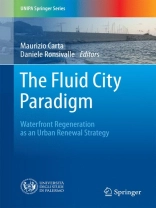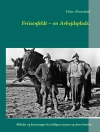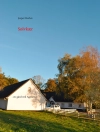This book presents a new paradigm of knowledge and action with respect to urban waterfronts and the “fluid city paradigm, ” explaining its methodological framework and describing an integrated and creative planning approach in which waterfront regeneration is pursued as a key urban-renewal strategy. It focuses especially on the WATERFRONT project (“Water And Territorial polici Es for integ Ration o F multisecto Rial devel Opme NT”), which was funded jointly by Italy and Malta with the goal of developing common guidelines, strategies, and operational tools for the planning of coastal areas, based on cross-border exchange of experiences. In the described approach, the waterfront is recognized as having a broad identity, acknowledging the complexity of the relationship between seaport and town and taking into account the physical and environmental components of human settlement, infrastructure, and productive and recreational activities. It highlights details of the process of renewal in theport city of Trapani, with discussion of the implemented actions, plans, and programs. The book also examines the practices adopted to transform city–port relationships across Europe in pursuit of innovative and sustainable development.
Зміст
The Fluid City Paradigm: a deeper innovation.- Waterfronts and tourism.- The Waterfront Theorem: an integrated and creative planning approach.- Harbourscape: between specialization and public space.- Waterfront Projects in Italy.- From the harbour to the city. The process of urban renewal in Trapani.- An atlas of the Mediterranean Waterfronts: an instrument for knowledge and direction.- Waterfront and transformation in contexts of conflict.- Definition of the precincts and instruments for shared and harmonised planning of waterfront areas.- The fluid city experience: an update.












